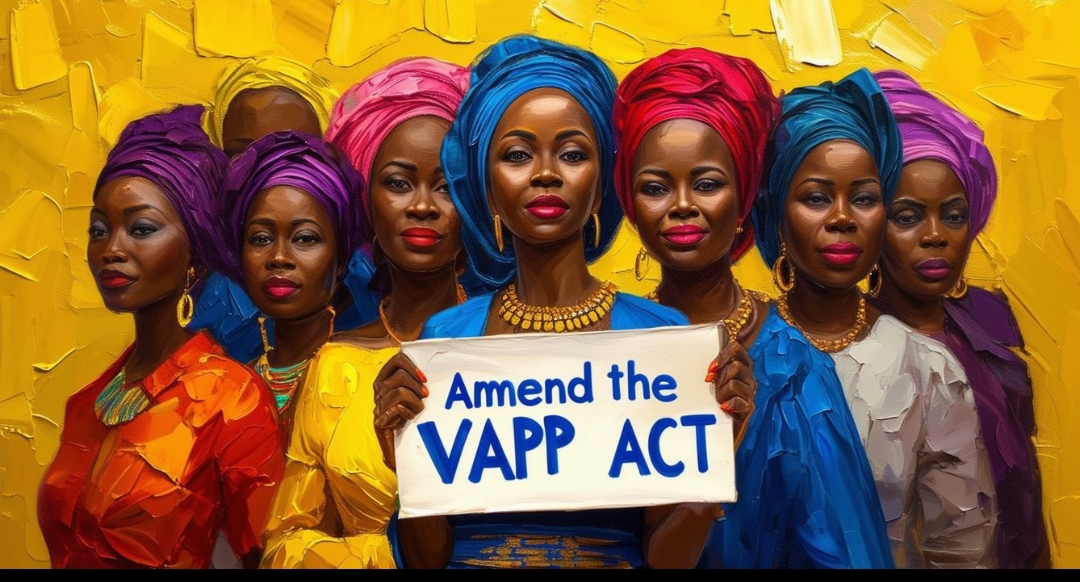By Dare Akogun
As the world marks International Day of Democracy, gender-based violence activists have raised concerns over the potential repeal of the Violence Against Persons Prohibition (VAPP) Act, calling it a significant setback to democratic progress in Nigeria.
A report titled ‘16 Facts About Violence Against Women and Girls in Nigeria’, supported by the United Nations, European Union, UNICEF, and the Federal Ministry of Women Affairs, reveals that nearly one in three Nigerian women aged 15-49, or 31%, has experienced physical violence.
The introduction of the VAPP Act, following years of grassroots advocacy, was seen as a breakthrough in addressing this issue, with 34 states adopting the law aimed at protecting victims of violence.
However, a recent legislative move has threatened to reverse these gains. In 2022, Senator Jibrin Isah introduced a bill proposing to repeal the VAPP Act, citing its shortcomings and advocating for a more comprehensive legal framework.
Last month, the Repeal VAPP Act Bill passed its second reading in the Senate, intensifying concerns that the existing legal protections could be completely dismantled.
Activists and gender-rights advocates have criticized the move, warning that repealing the VAPP Act would remove essential legal protections for victims of gender-based violence (GBV), leaving vulnerable individuals unprotected and creating gaps in the legal system.
Priye Diri, a prominent advocate with Nguvu Collective, emphasized the critical role the VAPP Act has played since its enactment in 2015.
“The VAPP Act has empowered thousands to report cases of gender-based violence, set up crucial support services, and contributed to tangible progress in advancing gender justice. Repealing this law would erase these advancements, leaving survivors at risk,” she said.
Diri and other activists argue that amending the VAPP Act would be a more practical approach, allowing legislators to address perceived weaknesses in the law while maintaining its fundamental protections for victims.
“Why repeal when you can amend?” asked Durga Nandini, Co-Founder of Nguvu Collective. “Repealing the VAPP Act will undo decades of progress made by activists in addressing violence against vulnerable people.
This would be a major setback for democracy and human rights in Nigeria.”
Activists further highlighted the potential risks of a repeal, noting that the legislative process for drafting and passing a new Act could be lengthy, leaving victims of GBV without adequate legal protection during the transition period.
In response to these concerns, Diri launched an online petition calling on the Senate Committee Chairman on Judiciary, Human Rights, and Legal Matters, Mohammed Tahir Monguno, and Senator Jibrin Isah to reconsider the repeal and instead focus on amending the VAPP Act.
The petition urges individuals across the country, regardless of gender or background, to join the call for sustained legal protection for women and vulnerable groups.
The petition emphasizes that amending the Act, rather than repealing it, would allow for necessary reforms while preserving the progress made in addressing violence against women and girls.
Activists remain hopeful that legislative leaders will heed their call and work toward strengthening, rather than dismantling, the VAPP Act’s provisions to ensure continued protection for victims of GBV in Nigeria.

